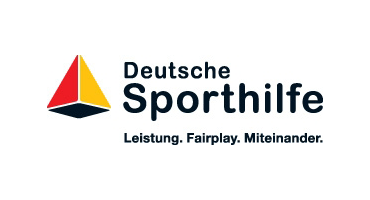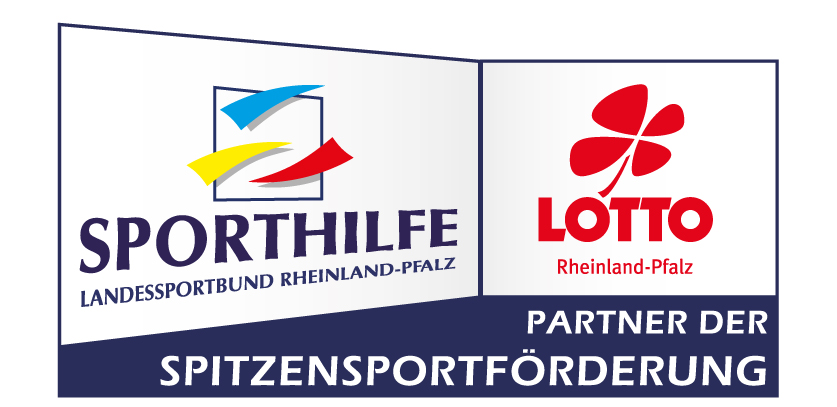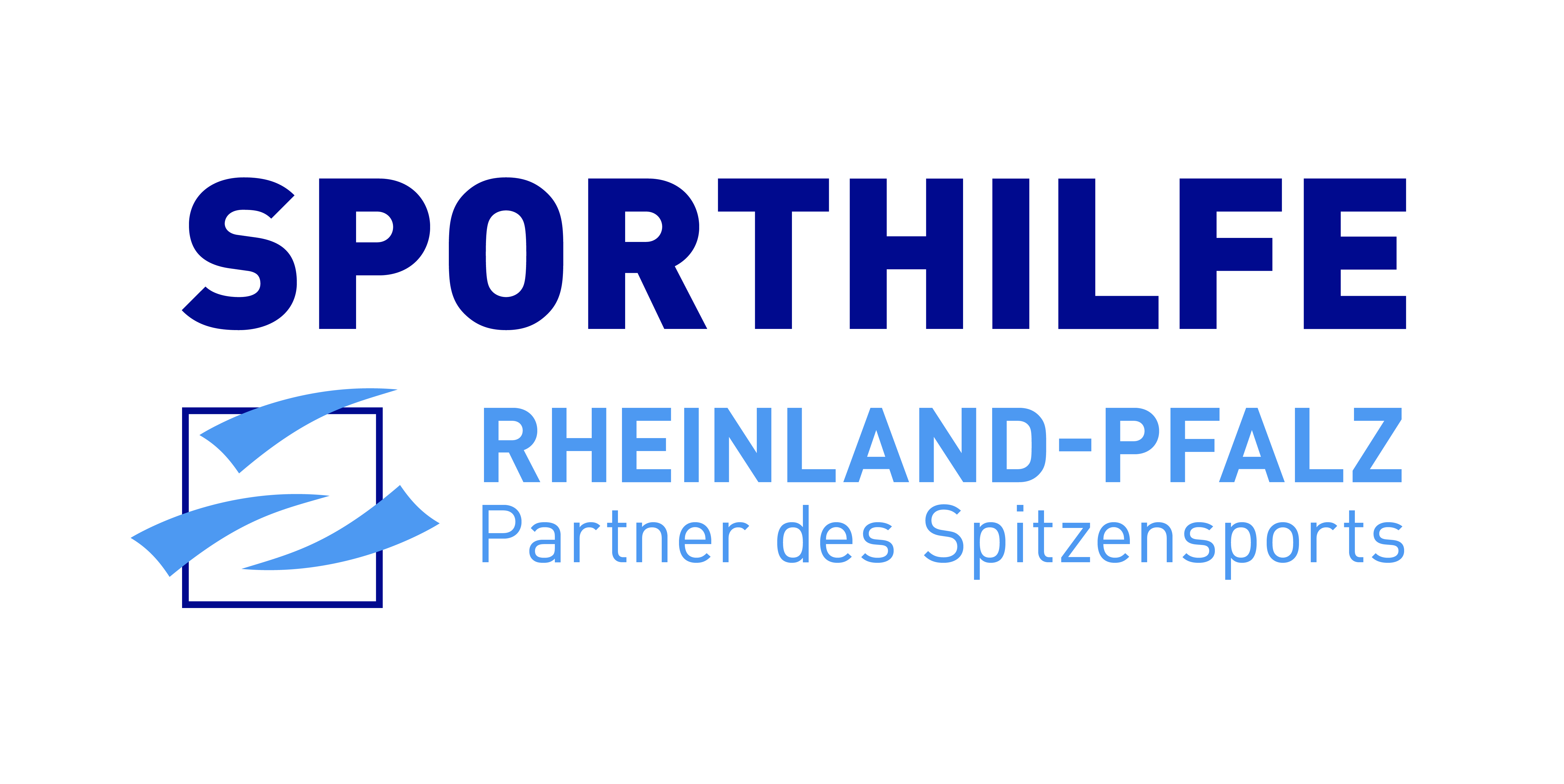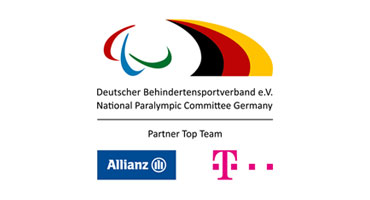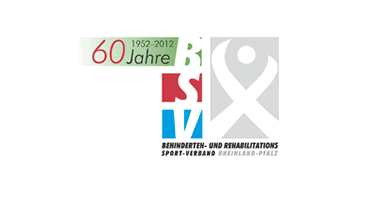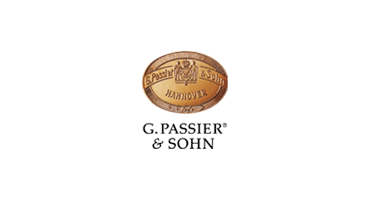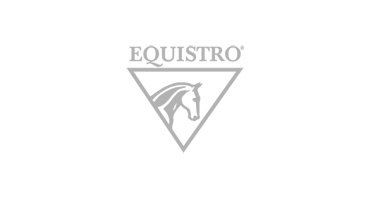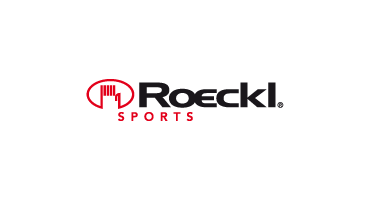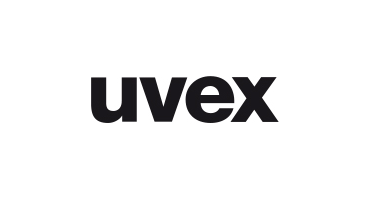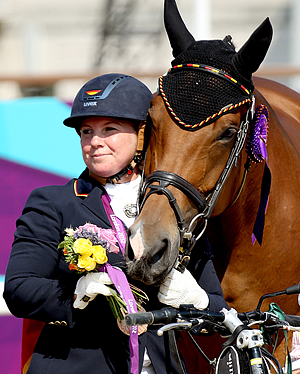
Ohne Hilfe geht es nicht!
Seit über 20 Jahren bin ich dabei… eine einmalige Zeit! Vom Leihpferd, das uns vom Gastgeberland zur Verfügung gestellt wurde, zum eigenen Pferd und nun ein Niveau von dem wir 1991 bei meiner 1. WM in Aarhus/ Dänemark noch nicht einmal geträumt hätten! Aber diese Veränderung bringt es auch mit sich, dass wir qualitätvolle, überdurchschnittlich gute Pferde benötigen um in der Weltspitze mitreiten zu können. Wie eben im Regelsport auch, sind wir nun vermehrt auf Unterstützer/ Sponsoren angewiesen. Das Sponsoring steckt aber im Para-Sport (Sport für Menschen mit Handicap) immer noch in den Kinderschuhen. Ein Grund mehr mich an dieser Stelle besonders bei denen zu bedanken die diesen Weg mit mir gehen, die an mich glauben und mich auf die ein oder andere Art und Weise unterstützen: DANKE!!!!!
MÖCHTEN SIE INNOVATIV SEIN, HABEN SIE INTERESSE LEISTUNGSSPORTLER DER ETWAS ANDEREN ART ZU UNTERSTÜTZEN, ICH FREUE MICH AUF IHREN KONTAKT, GEMEINSAM FINDEN WIR SICHERLICH EINE FÜR UNS BEIDE PASSENDE LÖSUNG:
Sponsor gesucht
E-Mail: Caillean82@gmx.de
Handy: 0151-20008045
Folgende Firmen unterstützen mich:
Article in "The Paralympian" January 2002
…auch heute trifft dies was ich 2002 für den Paralympian schrieb noch zu!
I would like to discuss the question of sport as profession for athletes with a disability.
Some professional equestrians, though none with a disability, receive sponsorship money and other benefits and are thus able to create a financial surplus through their sport. Once one has made it to the top it is easier to earn some money. With regard to the Paralympics and sport for athletes with a disability, though, we have still a far road to travel to achieve recognition and to profit financially. It is hard to juggle sport and employment, to excel in one"s sport, when one needs to work a full time job at the same time in order to get by. It takes a lot of strength, effort and motivation to make the time to train after a day"s work. In my case, for instance, I work 24 hour shifts at the hospital and need time to recover after work before I can exercise. In order to be able to concentrate on my sport, I cut my work load to 75% in 1999 after I had felt uneasy about having been selected for the German team for the World Championships in Denmark. I wanted to ensure that I had enough time to train so I would be in the best possible form for the competition. Working less hours has helped in terms of time but, on the hand, it created further financial difficulties. Sometimes I wonder who will pay for horse and my training sessions. Horses are expensive, not only to buy but mainly to maintain. Mine is not an isolated case. I am sure that it is just one of many examples of the kind of difficulties athletes with a disability face in the realm of elite sport. Some people might ask why I chose such an expensive sport, when there are so many others to choose from: no other sport gives me the same satisfaction, the same degree of freedom and creates the same level of integration as riding does. With my horse, which is the best compensating aid I have ever seen, with special reins and a special saddle, I can compete as well or as badly as any able-bodied rider. Whether having legs or not makes a difference is up to the horse to decide, not me.
There are advantages to equestrian sport for people with a disability not being as professional as for able-bodied athletes, though. No professional sport could maintain the same degree of familiarity and intimacy among all involved as we have it within our Movement at present. It is mainly the interaction with other athletes and coaches, the exchange of compensating aids and other equipment that makes the Paralympics and other such sporting events so special. It helps to build friendships throughout the world. All the same, the horses are still the main important partner we want to be working with. There is a thin line between professional and amateur sport: The more professional we get, the harder it will be to preserve today"s human face and intimacy. It is this special atmosphere that makes sport for people with a disability so unique for athletes, coaches, spectators, sponsors and volunteers alike. We all have to do our best to maintain this and ensure that the sport stays as rewarding and pleasurable for all involved. It is especially up to the athletes to make a stand and show the public and each other the ideals we endorse. Fair competitions between horses and riders will achieve this. Ability, not disability counts! That is my motto in life. It should be our guiding principle here, too.
Angelika Trabert (GER)Athletes Representative
International Paralympic Equestrian Committee


